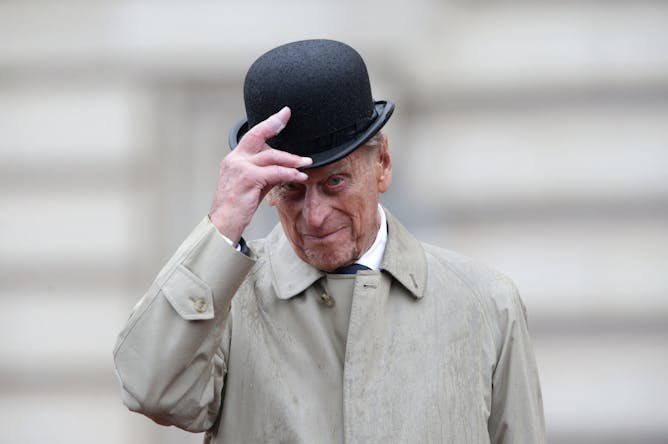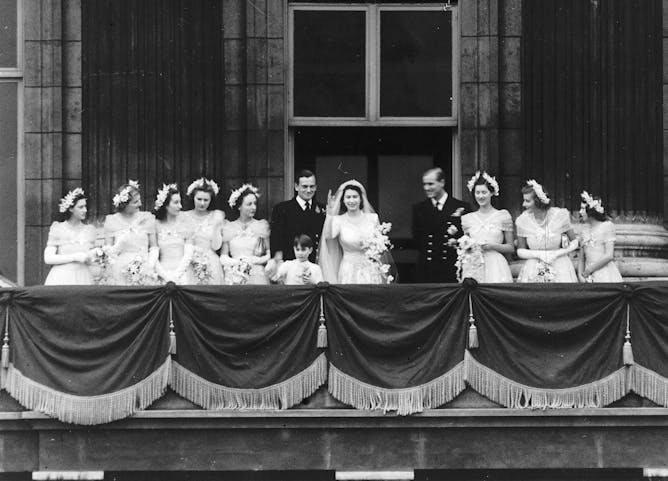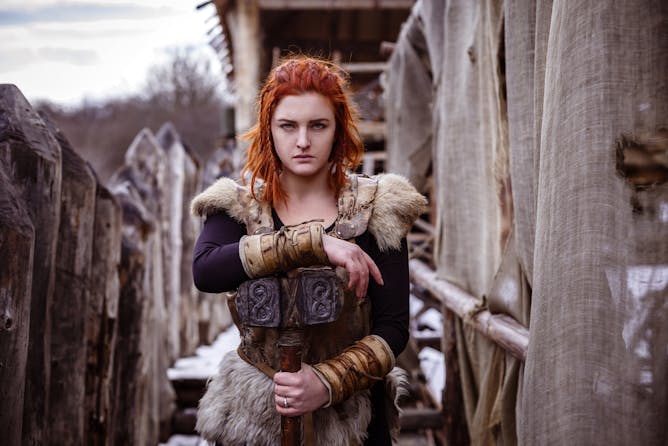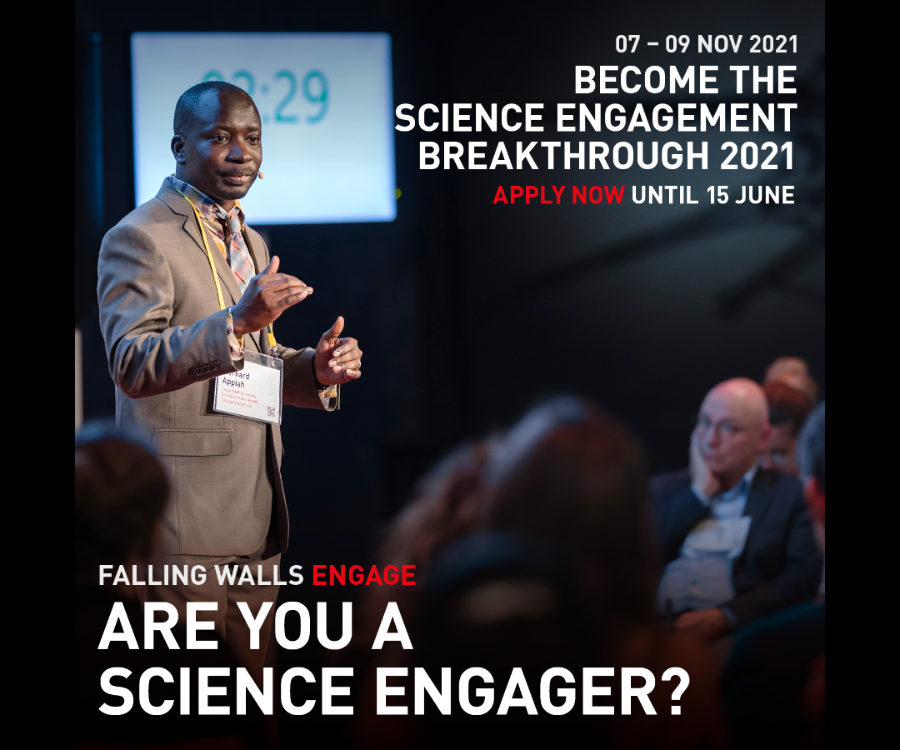|
|
|
|
It’s a safe bet that very few of the people reading this note will be able to remember a world without Prince Philip, Duke of Edinburgh. Since November 1947, when he married the then 21-year-old Princess Elizabeth, he has been an ever-present and key piece of the constitutional pageantry of British royalty, forever fated to remain in the background, yet acknowledged as part of the glue that has held the royal family together for more than seven decades through an era of huge and often bewildering change.
If it’s the privilege of politicians and other public figures to pay tribute to the Duke of Edinburgh, the role of historians and journalists is more prosaic: to provide a dispassionate account of Philip Mountbatten’s life and career for the public record. Historian Sean Lang has traced the Duke’s life from his birth on Corfu in 1922 to Greek-Danish Prince Andrew and Anglo-German Princess Alice of Battenberg, through his childhood at a tough boarding school in Scotland, his years of service in the second world war and his 73-year marriage to Queen Elizabeth II. Meanwhile, Jonathan Spangler, an expert in European royalty, has looked at the tradition of royal intermarriage which knitted the continent together for 1,000 years.
This week we also looked at how Buddhism got its reputation for peace, the strange craze of looking for DNA evidence of Viking ancestry and why handshakes and hugs will
be vital as we emerge from lockdown.
And, as in the latest in our series, Oceans 21, we look at why ocean stability might not be such a good thing.
From our colleagues around the world, this week we wondered how India will cope with Kumbh Mela, the world’s largest religious gathering, in a pandemic, while from Australia we heard from scientists who found a methane-eating bacteria living in a common tree species. In New Zealand, meanwhile, a new law under consideration will enable communities to move away from climate risks.
And do make time to listen to this week’s Conversation Weekly podcast which looks at the zombie company problem and what it means for our economies.
|
Jonathan Este
Associate Editor, International Affairs Editor
|

|
|

Prince Philip, Duke of Edinburgh on his last official engagement in 2017.
Yui Mok/PA Archive/PA Images
Sean Lang, Anglia Ruskin University
Born into post-World War I European royalty, the Duke of Edinburgh came to represent the archetypal English aristocrat. Along with those 'gaffes'.
|

European fairytale: the uniting of the royal houses of Britain, Greece and Denmark in 1947.
Trinity Mirror / Mirrorpix / Alamy Stock Photo
Jonathan Spangler, Manchester Metropolitan University
The marriage of the future British queen and her consort was part of an ancient tapestry of royal intermarriage in Europe.
|

Peace and tranquility? Depends who you ask.
wong yu liang via Shutterstock
Nick Swann, University of South Wales
It's the 'religion of peace', with a long history of warlike behaviour.
|

Selenit/Shutterstock
Anna Källén, Stockholm University; Daniel Strand, Uppsala University
Genetic ancestry tests may sound like a bit of fun, but in an era marked by increasing xenophobia, it's important to be aware of the interplay between genetics and ideas of race.
|

Krakenimages.com/Shuttersstock
Simon Nicholas Williams, Swansea University; Kimberly Dienes, Swansea University
Physical contact is important for our mental health and social bonding. We need to bring it back as soon as it's safe to do so.
|

Inge Johnsson/Alamy Stock Photo
Phil Hosegood, University of Plymouth
Climate change is strengthening the division between the ocean surface and the abyss.
|
|
|
-
Tulasi Srinivas, Emerson College
Kumbh Mela, a Hindu pilgrimage that started earlier this month in India, has survived wars and famine since its origin. But the biggest threat has been the spread of illness – back then as now.
-
Luke Jeffrey, Southern Cross University
Scientists are learning trees can emit methane, which could be a big problem for global warming. But a world-first discovery of methane-eating bacteria in paperbark can help moderate this.
-
Catherine Iorns, Te Herenga Waka — Victoria University of Wellington
New Zealand is replacing its once groundbreaking environmental legislation with new laws, one of which focuses on climate change adaptation and will include a fund to enable managed retreat.
-
Gemma Ware, The Conversation; Daniel Merino, The Conversation
Plus a new technique to protect birds from predators – using fake smells. Listen to episode 10 of The Conversation Weekly podcast.
|
|
| |
| |
| |
| |

|
| |
| |
| |
Featured events
|

|
Whiteknights House, PO Box 217, Reading, Reading, RG6 6AH, United Kingdom of Great Britain and Northern Ireland — University of Reading
|

|
Aston University, Aston Triangle, Birmingham, Birmingham, B4 7ET, United Kingdom of Great Britain and Northern Ireland — Aston University
|

|
Sociology, Arthur Lewis Building, University of Manchester, Manchester, Manchester, M13 9PL, United Kingdom of Great Britain and Northern Ireland — University of Manchester
|

|
University of Reading, Whiteknights House, PO Box 217, Reading, Reading, RG6 6AH, United Kingdom of Great Britain and Northern Ireland — University of Reading
|
|
|
|
| |
| |
| |
| |
| |
|
|
|
|
|
|
|